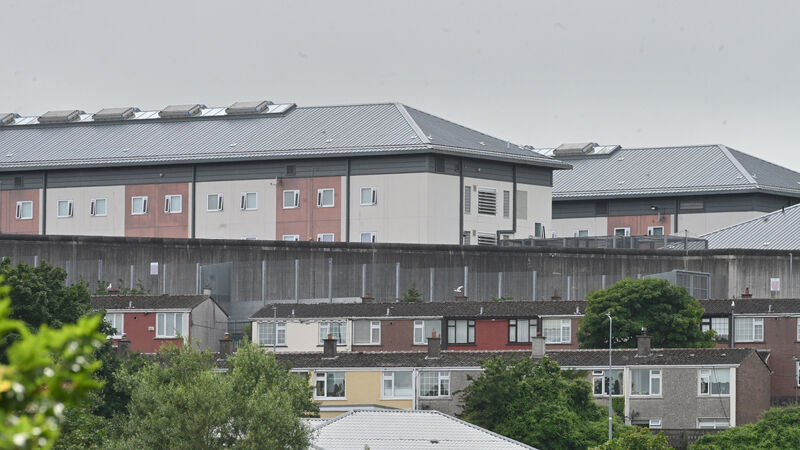Northside jail rates spark ministerial review as prison plans face local opposition

Cork Prison on Rathmore Road in The Glen, Cork City. Picture: Larry Cummins
The Minister of State for rural and community development has asked officials in the department to examine the findings of a major investigation into who is being jailed in Cork and why.
Jerry Buttimer said it was “disconcerting” to read how, despite decades of targeted government investment in areas of the city officially classed as “disadvantaged,” these areas still account for the highest number of jail terms imposed — and that this needs to be examined.
















